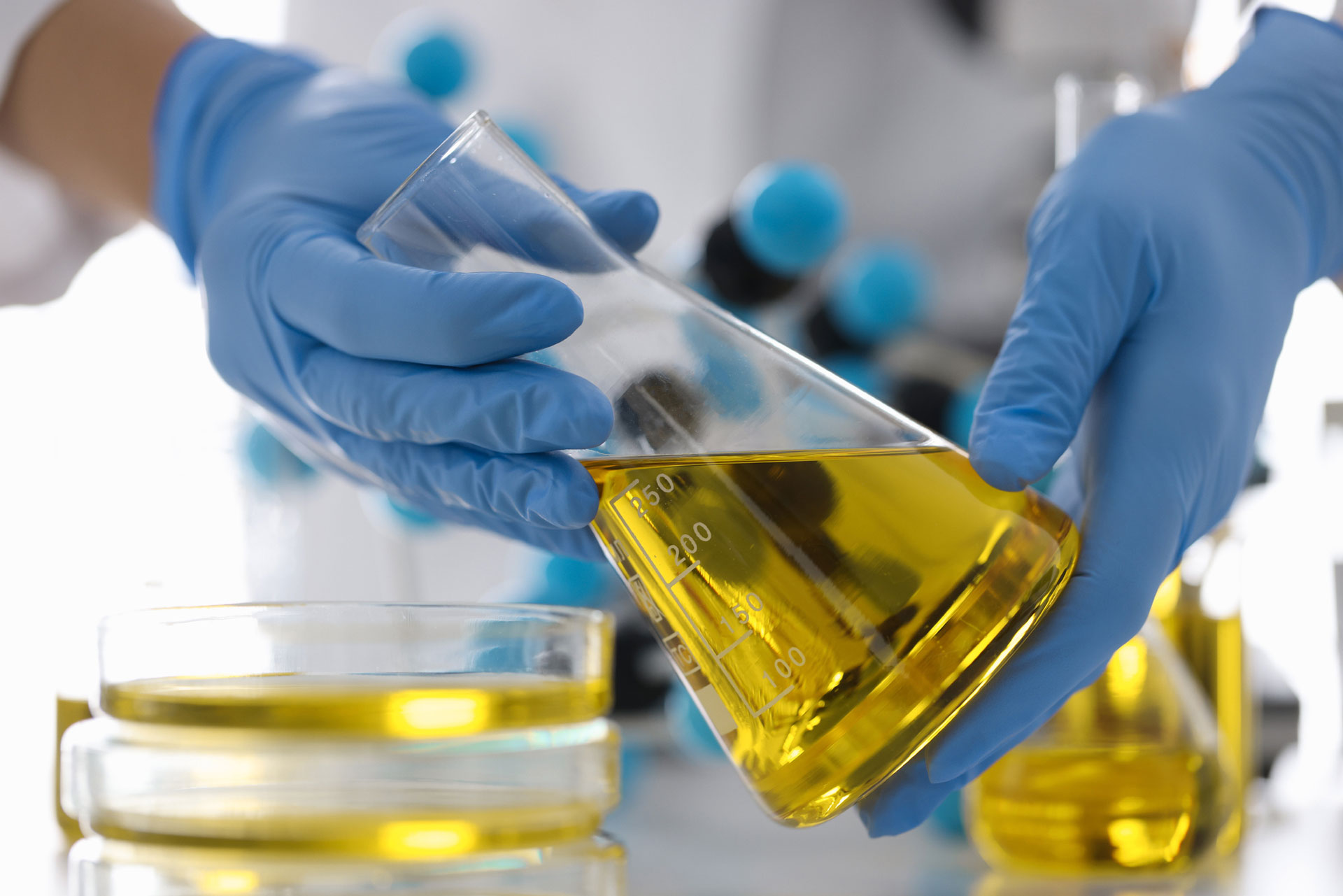Additives are substances incorporated into other ingreients to enhance their properties. They find extensive applications in various fields of chemistry, including epoxy molding compounds, silicones, epoxy coating powdes, and polymers. By augmenting strength, durability, or flexibility, additives contribute significantly to enhancing peformance in multiple ways.
Some of the specialized chemicals encompass a wide range of categories, including adhesives, agrichemicals, cleaning materials, colors, cosmetic additives, construction chemicals, flavors, food additives, fragrances, industrial gases, lubricants, paints, polymes, surfactants, and textile auxiliaries. These specialty chemicals can either be single-chemical entities or combinations of different chemical compounds that are specifically formulated.
Examples And Types Of Some Performance Chemical Additives
- Polymer additives, such as processing aids, blowing agents, and mold releases, play a vital role in enhancing the properties of polymers. These additives are carefully incorporated to
- Degradation resistance chemicals, such as UV light stabilizers, antioxidants, biocides, and acid scavengers, are used to protect materials from degradation.
- Performance ingredients, such as glycerin (which helps with hydration), AHA’s (known to exfoliate the oute layer of the skin), and lipids (which aid in repairing the skin’s protective barrier), find their application across a range of products. These include cosmetics, personal
- In various industries like construction, automotive, and aerospace, functional products find application. These products include fluoropolymer films that exhibit exceptional resistance to heat, chemicals, and weathe. Additionally, fluoro rubber, paint fluoropolymers, fluorine gases, and solvents are used.
- Pharmaceuticals play a crucial role in treating and preventing diseases. These meications include active ingredients, like antibiotics, hormones, and anti-cancer drugs. They are specifically designe to combat various diseases.
- viscosity index improvers are used extensively in the automotive lubricant industry to maintain the viscosity of fluids in varying degrees of temperatures.
Performance specialty chemical additives are essential to a wide range of industries and products. They are used to improve the properties of materials, protect them from degradation, and enhance their performance.
Explaining The Types
Adhesives and sealants: Used to bond materials together or prevent the escape of a liquid or gas. They are used in a variety of applications, including construction, manufacturing, and packaging.
- Coatings and inks: Used to protect or decorate surfaces. They are used in a variety of applications, including automotive, aerospace, and consumer goods.
- Catalysts: Used for technical applications. They are used to speed up or slow down chemical reactions.
- Food additives: Flavors and fragrances. They are used to enhance the taste and smell of food.
- Industrial and institutional cleaners: Such as acids, alcohols, bleaches, and disinfectants. They are used to clean and disinfect surfaces in a variety of industries and institutions.
- Lubricating oil additives: Such as dispersants, detergents, oxidation inhibitors, and antiwear agents. They are used to improve the performance of lubricating oils.
- Oilfield chemicals: Such as clay stabilizers, biocides, scale inhibitors, friction reducers, and corrosion inhibitors. They are used to improve the performance of oilfields.
- Photographic chemicals: Another common example of specialty chemicals. They are used in the production of photographic film and paper.
Specialty chemical additives in UAE are made in low volumes to address particular needs. They are either a single chemical or a mixture designed for a specific application.
Fine Chemicals: The Building Block Of Specialty Chemicals
Fine chemicals are chemical substances that are produced in limited quantities by complex syntheses and have a guaranteed degree of purity. They are used as starting materials for specialty chemicals, mainly pharmaceuticals and agrochemicals. Specialty chemicals are a broader term that includes chemical substances for special applications where the effect is what counts most. They are often more complex and require more specialized knowledge and expertise to manufacture and use. Specialty chemicals are either single-chemical entities or mixtures of various chemical ingredients that are designed for specific applications and sometimes for specific customers. They are sold on the basis of their performance or function rather than their composition.
Some examples of fields that depend upon fine chemicals are agrochemicals, pharmaceuticals, automotive, electronics, construction, and cosmetics.
Here is a table that summarizes the key differences between fine chemicals and specialty chemicals:
| Feature | Fine Chemicals | Specialty Chemicals |
| Production | Produced in limited quantities | Produced in large quantities |
| Synthesis | Complex syntheses | Simpler syntheses |
| Purity | Guaranteed degree of purity | Not necessarily guaranteed a degree of purity |
| Applications | Used as starting materials for specialty chemicals | Used for special applications where the effect is what counts most |
| Complexity | Less complex | More complex |
| Knowledge and expertise required | Less specialized knowledge and expertise required | More specialized knowledge and expertise required |
| Sales | Sold on the basis of composition | Sold on the basis of performance or function |
Production Of Speciality Chemicals
specialty chemical industry produces them primarily by batch processing, in which a finite quantity of product is made over a period of a few hours or days. The batch process typically consists of introducing measured amounts of starting materials into a vessel. These chemicals are usually made in small-volume batches, in a process that is often not automated due to its complex nature. Production volumes are relatively small in comparison to basic or commodity chemicals. Examples of specialty chemicals include antibiotics, adhesives, and pesticides. Specialty chemicals are used in a wide array of industries, including automotive, aerospace, agriculture, construction, electronics, food and beverage, personal care, pharmaceutical, and textile.
Specialty chemicals are often used to create more specialized products or have specific properties not found in basic or commodity chemicals. For example, specialty chemicals may be used to create more durable products, have a longer shelf life, or are more environmentally friendly.
In the intriguing field of speciality chemical manufacture, science and ingenuity come together to produce substances with remarkable value. These chemicals are painstakingly designed to meet unique industrial and commercial requirements, frequently defying accepted scientific theory.
Specialty chemical manufacturing laboratories and production facilities serve as crucibles for innovation and accuracy. To create novel compounds and procedures, skilled chemists and engineers work together, carefully taking into account elements like purity, potency, and environmental impact.
Specialty chemicals are used in a variety of different industries. They support the development of new technologies and economic expansion, from pharmaceuticals to advanced electronics and aerospace materials to agrochemicals.



